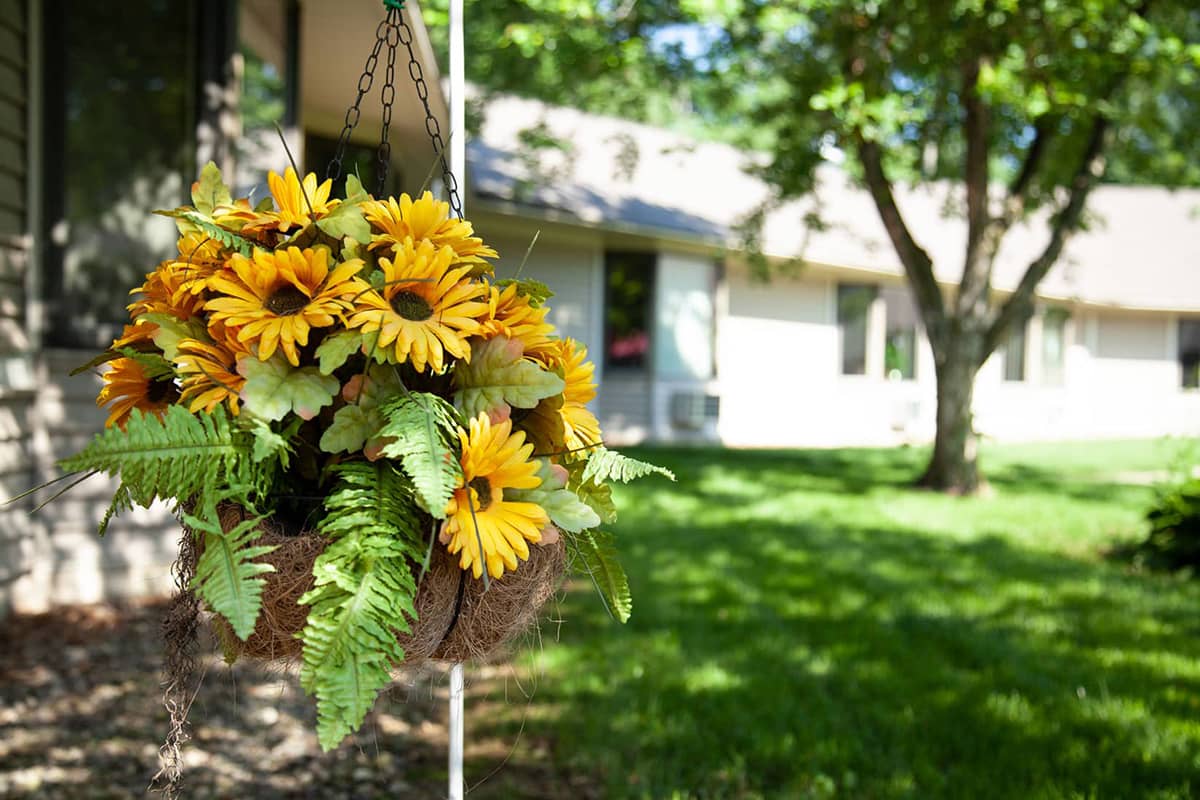Caregivers are no strangers to stress and burnout. While caregiving can be extremely rewarding, the responsibility of caring for a loved one comes with its own set of unique challenges. Many caregivers do not recognize the signs of burnout until it has already taken a toll on their physical, mental, emotional, or spiritual well-being. It’s important for caregivers to recognize the signs of stress and burnout and seek additional support.
What Does Caregiving Look Like in the U.S.?
A “caregiver” is anyone who regularly provides help to someone else in need. Often family members caring for older adults, caregivers perform a wide variety of tasks—anything from running errands, cooking, and cleaning, to helping with medications and personal grooming.
Most who care for loved ones are unpaid family members. In 2019, 34.2 million Americans provided unpaid care to an adult aged 50 years or older. Around 15.7 million caregivers care for someone with Alzheimer’s disease or other dementia. As the U.S. population continues to age, many more adults will take on the caregiver role for a loved one. By 2035, it is estimated there will be more adults over the age of 65 than children.
Caregivers tend to be compassionate individuals with a heart for service. While they often find great joy and satisfaction in caring for a loved one, many are so focused on providing care, they do not take enough time to manage their own health.
Signs of Caregiver Stress
Along with the many rewards of caregiving comes stress and the risk of burnout. “Burnout” is a state of physical, emotional, and mental exhaustion. It can also be accompanied by a change in attitude and health.
Possible signs of caregiver stress:
- Constantly feeling overwhelmed or worried
- Feeling tired more often than usual
- Becoming easily irritated or angry
- Feeling sad
- Losing interest in activities you used to enjoy
- Getting too much sleep or not enough
- Gaining or losing weight
- Frequent headaches, bodily pain, or other physical problems
What to Do About Caregiver Stress & Burnout
Most family members providing care do not self-identify as “caregivers”. This can make it hard to ask for help or to find resources. Even if you aren’t experiencing stress or burnout now, simply being aware of your role and building your network of resources will help you cope in the future.
Accept Help
You may already have friends or family offering to help. Accepting help with even small tasks can make a big difference. Everyday things like running errands, laundry, housekeeping, and cooking can become stressful when you don’t have any extra time. Don’t feel guilty for accepting help and don’t be afraid to ask for it when you need it.
Get Connected
Look for a local support group. Many communities have groups for caregivers and some may even have groups specific to the condition your loved one is facing. Support group members will be able to understand what you’re going through and can offer validation and encouragement. These groups also provide resources and help with problem-solving strategies for difficult situations. The Alzheimer’s Association has local chapters in every state and offers a variety of resources and support groups for caregivers.
Local Services
In addition to support groups, take advantage of local services. Look for caregiving services offering transportation, housekeeping, or meal delivery. Many senior living communities also offer in-home services or respite care. While it may be hard to imagine leaving your loved one in someone else’s care, taking a break is one of the best ways to deal with stress or burnout.
Remember, You Are Not Alone
Sunset Senior Communities offers in-home care services. We also partner with local organizations so we can direct you to the care options most relevant to your situation. Please remember you are not alone. We are available to help you navigate your caregiver’s journey, whether through one of our services or by connecting you with other resources. Don’t hesitate to contact us.
